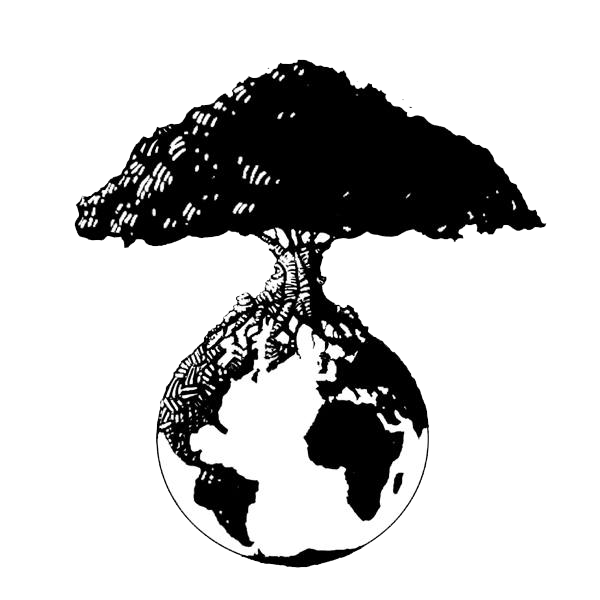In Native ontology generally, not only do we need to show respect for non-human forms of life but all forms of life are worthy of respect and inclusion. Gender is understood in a less binary (he/she) fashion. Rigid categorization is not normal. People can identify as 2-spirit beings, while being male- or female-bodied. Native gender […]
Author: Dr. Virginia Lea
American Indian Studies Curriculum Wisconsin ACT 31 is a set of statutes that legally mandate the education of Wisconsin students on Native American studies. ACT 31 mandates that Wisconsin students learn about Native American: History Sovereignty & Treaty Rights Culture This set of statues was put into place after there were many instances of Ojibwe […]
Worldview is how a people view the world around them. Worldview can vary significantly from culture to culture, and person to person. It include the norms, values and beliefs of a community. Lac du Flambeau society is largely governed by people off the reservation. Native people do not pay taxes so they have to follow […]
Culture shock occurs when someone is exposed to a culture that varies significantly from theirs. It is the emotions we experience when our familiar cultural markers, like language, have moved. Stages of Acculturation These are the stages of acculturation, though they are never linear: Contact = Elation, euphoria, excitement, hopes, dreams Disintegration = Increasing confusion, […]
The “adaptive unconscious mind,” otherwise known as the practical mind, is a parallel system of thinking that operates outside of consciousness. The unconscious mind kicks in when we do not have enough time to think consciously. For example, when there is a fight in school and we have to react quickly. Ethical reasoning is conscious […]
This framework was used as critical multicultural criteria to evaluate data in the Lac Du Flambeau Project. Level of Multicultural Practice at the Lac du Flambeau Public School Monoculturalism 90% of the teachers at the Lac du Flambeau public school are white. There is a higher percentage of white teachers at the off-reservation high school. […]
ACT 31 ended up being a tepid effort to address the ignorance and denial of largely White Wisconsinites to recognize the treaty rights of First Nations people in the state. ACT 31 has been poorly implemented in WI. Few pre-service teachers have learned about the relevant history, culture, sovereignty and treaty rights of Indigenous people […]
There are 11 federally recognized tribes in Wisconsin. Teacher education and preparation programs have strategies that are in place to help educators with specific issues related to these tribes and teaching about them accurately. It is hoped that this Road Map is one of several different types of professional development opportunities using Statute “ACT 31” models […]
Tom Maulson is a tribal judge, activist and tribal chairman from Lac du Flambeau. We interviewed Mr. Maulson as part of the Lac du Flambeau Project on March 3, 2019. Mr. Maulson began by telling us it was an honor to tell the Ojibwe story. There are 565 bands of Indian nations in America. He […]
The Lac du Flambeau band of Ojibwe people has inhabited the Lac du Flambeau area since 1745 when Chief Keeshkemun led the Band to the area. The name Lac du Flambeau, or Lake of the Torches, was given to the Band by the French traders and trappers who visited the area. The name refers to […]
